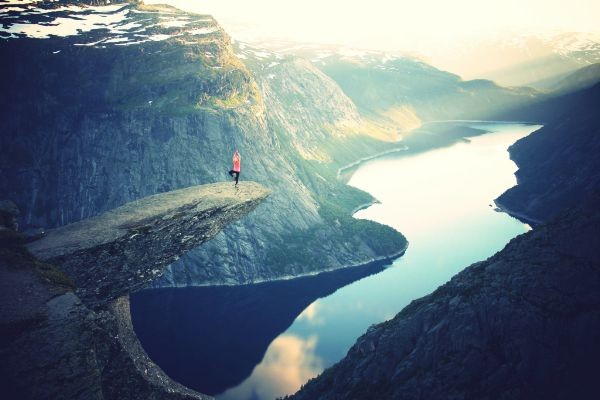-Analysis-
In his half-century as leader of Cuba, Fidel Castro oversaw grand changes on the island. In the wake of his death, new changes may — or may not — be on their way under the helm of the late leader's brother, President Raul Castro.
Nowhere is the future more uncertain on the island nation than on environmental questions. Most land in Cuba belongs to the state, which means the government decides how it is used. Potential investors from China, U.S., and Europe see an economic opportunity in Cuba to turn that land into profit. But it's an endeavor that's highly risky, not least for Cuban citizens themselves.
What will become of Cuba's rich agricultural land? Who will reap the profits from harvesting the land or renting it out — or selling it for new construction projects? How will natural resources be used? And how will this use affect sustainability?
Castro's Cuba was a place of sometimes extreme experiments. These ranged from shockingly large-scale sugar cane farming, which involved pumping the land with pesticides, to present-day ecological initiatives that have contributed to local food autonomy.
Castro's speech to the Earth Summit in Rio de Janeiro in 1992 clearly reflected this contradiction. He offered an excellent analysis of the state of economic inequality among countries, while denouncing rampant energy usage, consumerism and waste in rich economies that was destroying the environment. Castro urged a fairer distribution of wealth and payment of the ecological "debt" through transfers of clean technologies and resources to boost sustainable development in poorer countries. His vision broadly anticipated some of the provisions of the Paris climate change agreement last year.
But Castro's speech also revealed the holes in his vision. He did not elaborate a clear alternative to the communist perspective. And he failed to criticize communism's own contributions to environmental destruction, locally and globally. He forgot to mention the poor health of workers working and living in highly-polluted factories and cities in communist countries.
Castro's death gives rise to big social, political and environmental questions for Cuba. Which way will the country go? Will the country offer its fertile and largely abandoned land to multinational companies that would use industrial methods to harvest the area? Or will Cuba promote an agrarian economy and organic farming, even in cities, to boost conservation and food sovereignty?
Cuba has experience in both those approaches. So far, no one can predict which way it will go. Either way, there's a lot at stake for ordinary Cubans and the world at large.
See more from Opinion / Analysis here






